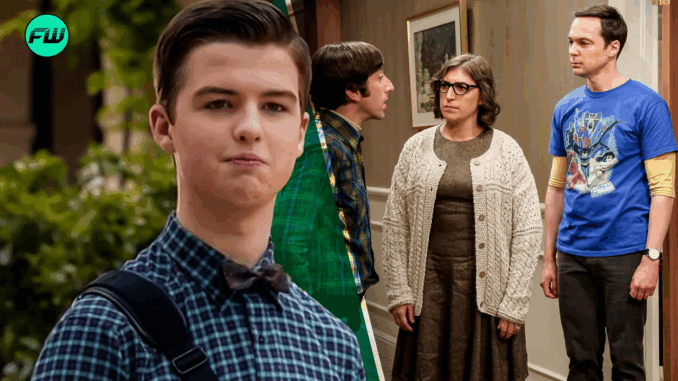
When The Big Bang Theory first premiered in 2007, few could have predicted that a socially awkward, routine-obsessed theoretical physicist would become one of the most iconic sitcom characters of the 21st century. But Jim Parsons’ portrayal of Sheldon Cooper did more than win Emmys — it redefined what it meant to be a leading man in comedy.
A Character Built on Contradictions
Sheldon was unlike any sitcom lead before him. Hyper-intelligent yet emotionally immature, arrogant but endearing, he was both the comedic center and emotional heart of the series. The brilliance of the character lies in his contradictions — a man who could solve string theory equations but couldn’t navigate a birthday party without flashcards.
The Power of Consistency
One of Sheldon’s most memorable traits was his obsessive adherence to routine: his specific spot on the couch, his triple knock, his “roommate agreement” rules. While played for laughs, these quirks also resonated with viewers who saw in Sheldon a reflection of neurodivergent behavior, even if the show never explicitly labeled it.

Evolution Without Betrayal
Over 12 seasons, Sheldon changed — but never too much. His relationships, particularly with Amy Farrah Fowler, softened him while preserving his core identity. This careful character development allowed audiences to grow with him, witnessing vulnerability beneath the bravado.
A Lasting Impact
Sheldon’s influence didn’t end with The Big Bang Theory. His younger counterpart in Young Sheldon gave the character further dimension, offering fans a deeper understanding of the childhood that shaped his eccentricities. Together, the two series created a rare, multi-generational portrait of a fictional character.
More than just a punchline machine, Sheldon Cooper became a symbol of how intelligence, honesty, and awkwardness can coexist — and even shine — on mainstream television.